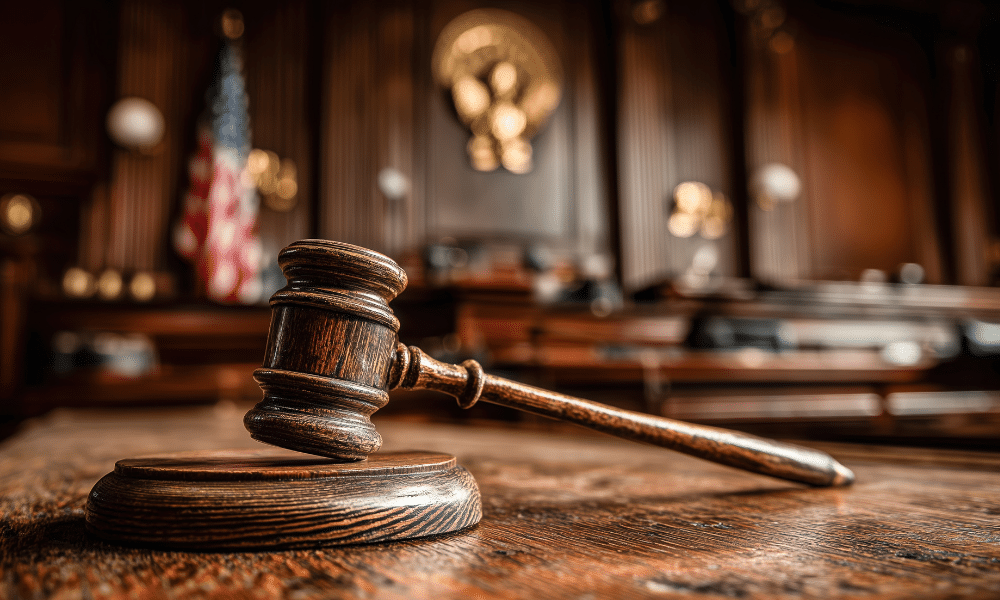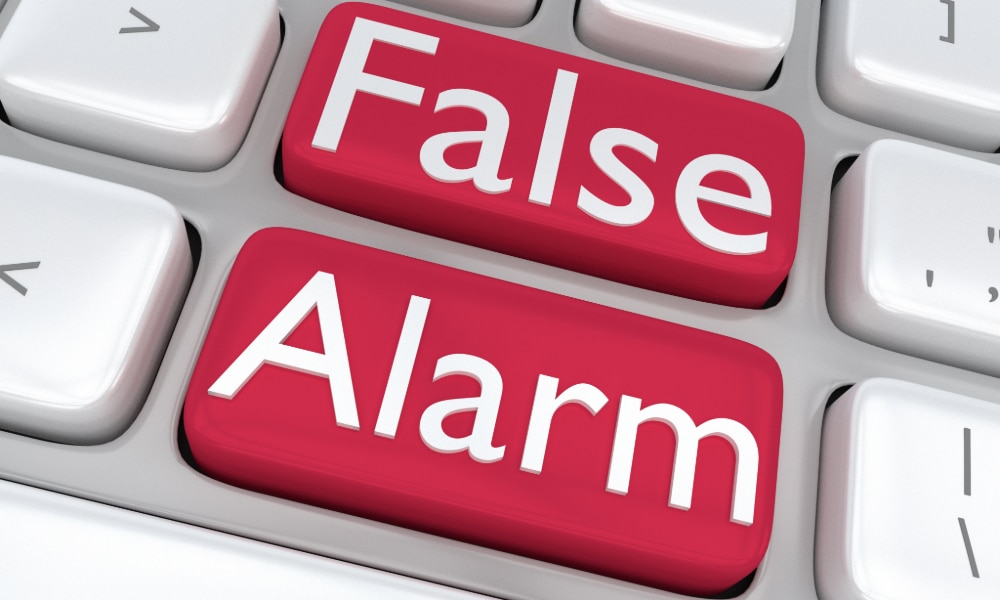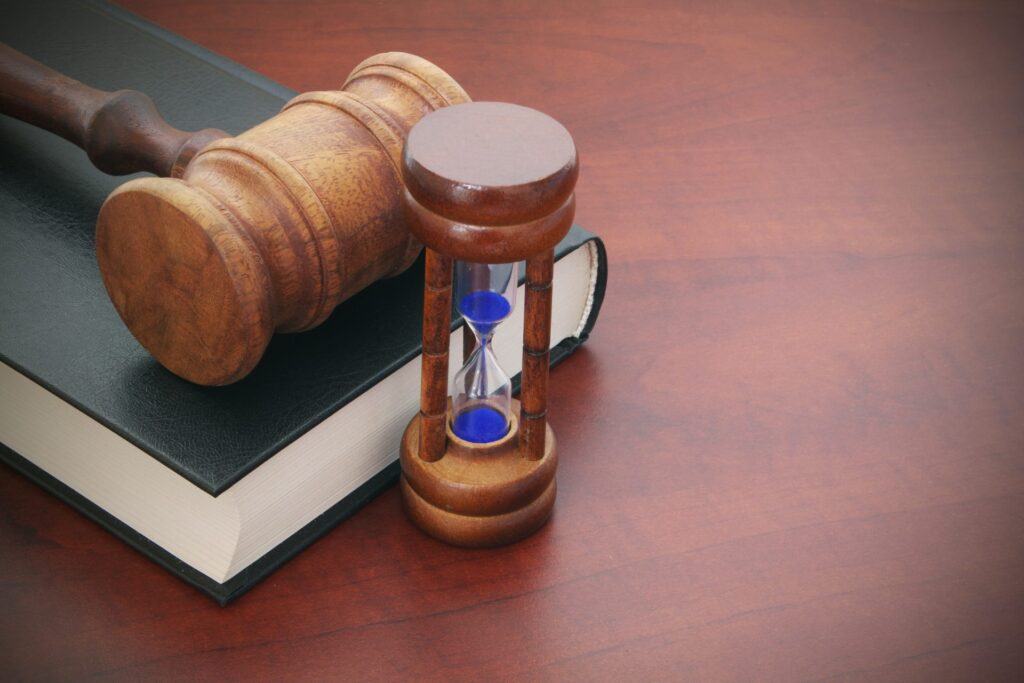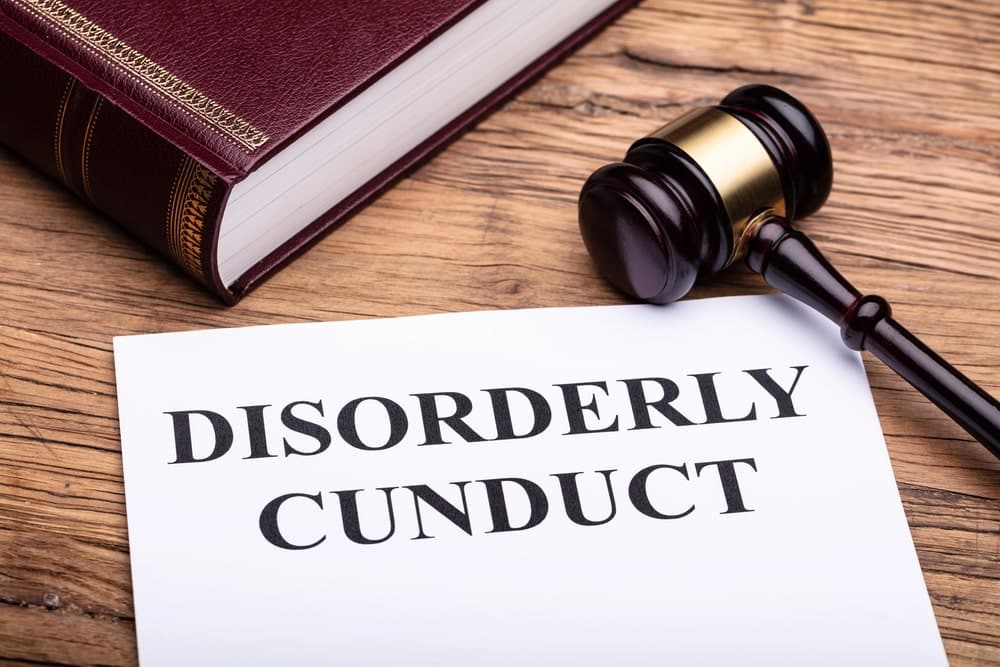A criminal speeding charge in Maine might seem like an impossible thing to beat. After all, it’s a relatively easy crime to prove: All it takes is the reading of a police radar gun, right?
Not quite.
Even though fighting against a charge of criminal speeding can be difficult, it is possible to put up a strong defense and win. This is important to remember, especially considering how severe the penalties are, if you get convicted.
What is criminal speeding in Maine?
In Maine, according to Title 29-A §2074, criminal speeding is not your typical speeding offense. Those are just civil infractions that end with a ticket and a moving violation. Criminal speeding, on the other hand, is the crime of driving a vehicle on the road at 30 miles per hour or more over the stated speed limit. You can be arrested, charged with a crime, taken to court, and convicted for criminal speeding.
Penalties for criminal speeding in Maine
A conviction for criminal speeding in Maine is a Class E offense. These carry a fine of up to $1,000, up to a year on probation, a license suspension of over 30 days, and even up to 6 months of jail time.
Additionally, as is often the case with a criminal conviction, there are other ramifications that many people tend not to think of. When it comes to criminal speeding, one of these is increase in the cost of car insurance, which can rise as much as 20% or more with a criminal speeding conviction.
How is Criminal Speeding Proven?
To arrest you and charge you for criminal speeding, the police have to prove three things:
- The stated speed limit of the road,
- The speed that you were driving, and
- That the speed you were driving at was more than 30 mph over the stated limit
Practically speaking, the most difficult thing for a prosecutor to prove is element number two: Your speed. The criminal speeding law of Maine states that this can be done using radar, laser, or a mathematical calculation of the distance your car traveled in a certain amount of time.
Defending a Criminal Speeding Charge in Maine
In order to convict you for criminal speeding, it’s up to the prosecution to prove each of these three elements beyond a reasonable doubt. This opens up the opportunity for an experienced criminal defense attorney to raise problems in the prosecutor’s case. While every criminal speeding charge is different, two of the most common defenses are:
- The speed limit was not properly posted. This can be the case if you were able to access a road without coming across a speed limit sign, or if the speed limit signs that were posted don’t state the correct speed limit.
- You were not driving as fast as the police said you were. This is the most common defense to a criminal speeding charge. If a radar gun or laser is not calibrated correctly, or if the officer using it does not know how to use it, then the reading it gives will be incorrect.
Contact The Maine Criminal Defense Group
Experienced defense attorneys like William T. Bly can use these defenses to fight against your criminal speeding charge, and can also negotiate with prosecutors before trial to try to get a lesser charge. Call us at (207) 571-8146 or contact us directly online via form submission.
Call 207-571-8146 or contact us online to schedule a consult with one of our highly skilled criminal defense & OUI, DUI, DWI lawyers, serving Maine, today.
Blog Posts

If you are charged with a crime in Maine, going to trial is just one of the possible outcomes. In fact, around 90 percent of criminal cases in Maine are[...]

Defendants in criminal cases typically have four options for resolving their case if the charges are not dismissed: Plea negotiation, where the defendant agrees to plead guilty (or no contest)[...]

Many people are unaware that it is a criminal offense in Maine to make a false report of an emergency that causes public alarm. Even those who are aware of[...]

A criminal conviction usually appears on criminal records for life in Maine, potentially impacting the individual’s employment, education, travel, housing, immigration status, and more. However, certain low-level misdemeanor convictions can[...]

The legal term for sentencing a convicted criminal is not required to serve is called a suspended sentence. A suspended sentence is handed down during the sentencing portion following a[...]

If you receive a traffic ticket in Maine, you may be facing far more than demerit points or an administrative penalty. You could be facing criminal sanctions and a permanent[...]

In Maine, disorderly conduct laws effectively make disturbing the peace a criminal offense. While disorderly conduct is considered one of the least serious offenses under Maine’s Criminal Statutes, it can[...]

Any criminal charge for a drug-related offense is a serious matter in Maine,but how consequential the outcomes can get may depend on whether the charge is filed at the state[...]


Self-defense laws in the U.S. are complex, vary from state to state, and are often misunderstood. “Stand your ground” laws allow an individual to use deadly force in self-defense in[...]
